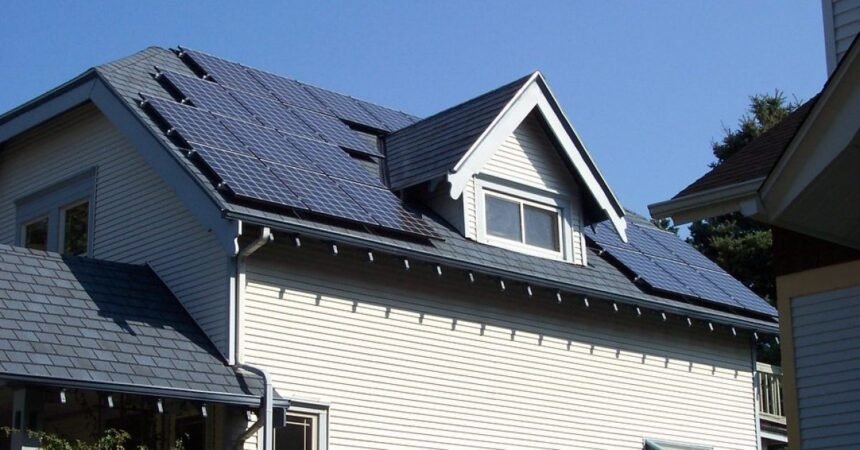Georgia BRIGHT, a program aimed at delivering affordable solar solutions across the state, recently launched its “No-Cost Solar Plan” in Atlanta. This initiative offers qualified homeowners the opportunity to receive fully prepaid rooftop solar systems at no upfront or maintenance costs. However, there is a looming threat to this program as the EPA considers reclaiming the entire $7 billion grant that funded the Solar for All program, which could jeopardize Georgia Bright’s funding.
On Earth Day in 2024, the Georgia BRIGHT Communities Coalition, in collaboration with various stakeholders and lead applicant Capital Good Fund, secured $156 million from the Solar for All program to bring solar energy to thousands of households in the state by mid-2029. Families earning 80% or less of their county’s Area Median Income are eligible to participate in the No-Cost Solar Plan, with two drawings planned to allocate a total of 400 solar systems.
The program has already shown promising results, with participants experiencing significant savings on their electricity bills. For instance, pilot participant Christine Difeliciantonio saw a drastic reduction in her power bill after the installation of rooftop panels. Nonprofits like Trees Atlanta have also benefited from the program, with significant cost savings and environmental impact.
In addition to the No-Cost Solar Plan, Georgia BRIGHT is working on other initiatives to promote solar energy adoption in the state. The Residential Solar Savings Plan offers custom rooftop installations with guaranteed savings for households, while the Community Benefit Solar program encourages businesses and organizations to go solar and share the benefits with eligible neighbors. Furthermore, the Utility-Led Community Solar initiative aims to support local utilities in implementing shared-solar programs for low-income customers.
However, the future of these programs is uncertain as the EPA considers reclaiming the Solar for All grant money. If the EPA proceeds with this plan, it could not only impact Georgia Bright but also undermine low-income solar projects nationwide. Legal challenges are expected, with organizations like the Southern Environmental Law Center prepared to defend the funding allocation.
Despite the challenges ahead, Georgia BRIGHT remains committed to advancing solar energy access in the state. The program’s innovative approaches and community-focused initiatives are vital in a state like Georgia, where solar incentives are limited. As the fight over Solar for All continues, the importance of affordable and sustainable energy solutions for all communities is more apparent than ever.







